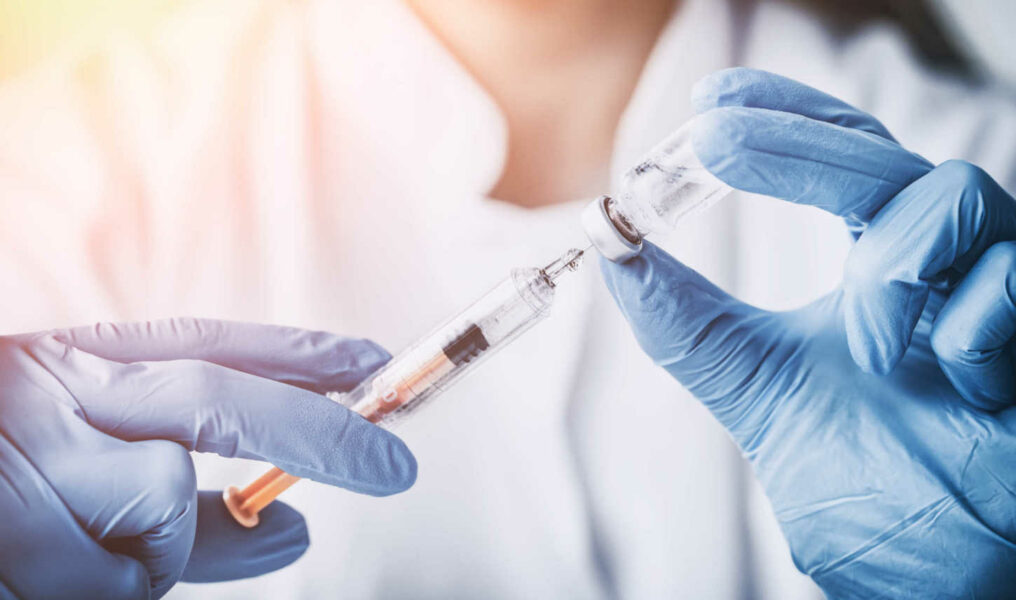Moderna, in the news these days for its successful COVID vaccine, has announced it now intends to start human trials on a vaccine for HIV.
The news about Moderna's mRNA-based vaccine came last week from information posted to the National Institute of Health's clinical trials database. Moderna is looking for 56 individuals who are HIV-negative and aged 18 to 40 for the trial, set to begin this month and wrap up next spring.
"I find it very exciting that Moderna's new HIV vaccine trial in humans will start soon," said Dr. Paul Benson, a leading Metro Detroit HIV health expert who works at the Be Well Medical Center in Berkley. "This is not the first HIV vaccine trial and certainly won't be the last. We've learned a lot from previous HIV vaccine trials, which allows us to continue progress toward this goal."
Benson said HIV vaccine research "paved the way" for COVID vaccines.
"I'm quite certain that we will not be able to vaccinate ourselves out of the HIV epidemic," he said. "However, vaccines will probably be a great asset and contribution to a 'cure therapy. It will also be a valuable tool in the HIV prevention arena."
Leon Golson, director of prevention programs at Unified – HIV Health and Beyond's Ypsilanti office, agreed.
"I would like to think of [a vaccine] as another tool in our prevention toolbox, just as PrEP is," he said. "PrEP is not necessarily the option for everyone, and I imagine it would be the same for the vaccine. Golson said he hopes the vaccine, if it comes to market, would be a little less burdensome for patients than PrEP, which requires provider visits every three months for monitoring and blood work.
mRNA vaccines, unlike inactive or live vaccines, do not contain parts of a virus. They instead create proteins that trigger a response from the body's immune system. This means the vaccine will not have to be stored at cold temperatures, and it is expected to also increase manufacturers' ability to mass produce the vaccine.
mRNA vaccines are not new. Previously, the FDA required extensive approval time, which limited the number of mRNA vaccines that make it to widespread use. The COVID-19 pandemic changed the process however, as last year's Operation Warp Speed private-public partnership quickened the timetable for clinical vaccine trials and FDA approval.
"COVID-19 showed us what we can do if we want to move a vaccine forward quickly," Dr. Andrew Pekosz, a virologist and professor at Johns Hopkins Bloomberg School of Public Health, told the website VeryWell.com.
The vaccine, unfortunately, will not help those who are currently HIV-positive.
"I'm excited there is going to be another option in the prevention toolbox," said Golson. "But I do hope for the day that they come up with a vaccine that completely eradicates HIV for someone who is HIV positive, such as myself."











